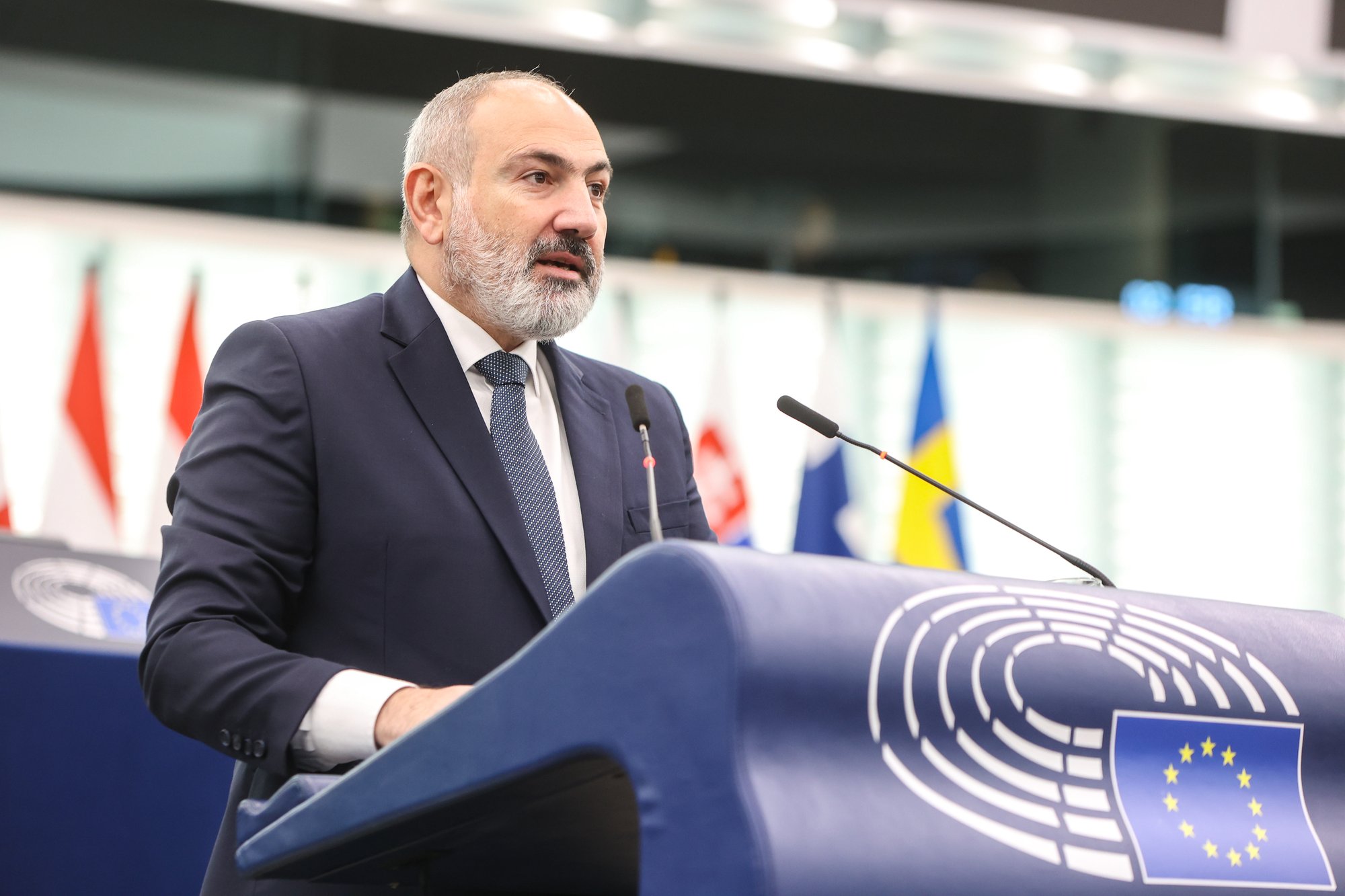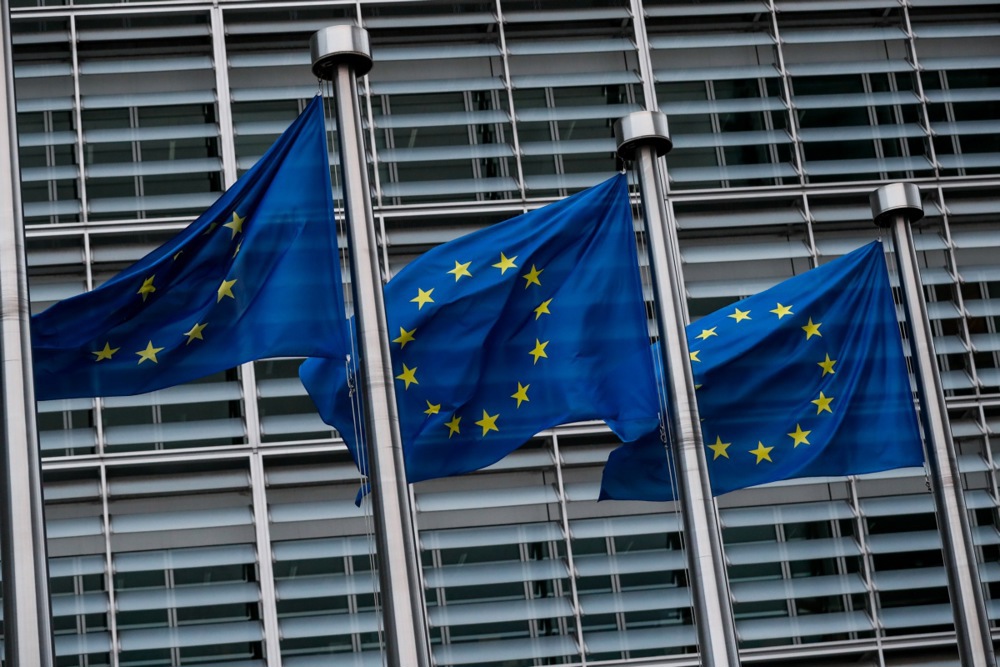The Armenian parliament has approved a Bill to begin the process of joining the European Union.
On March 26, the draft law was supported by 64 MPs while seven MPs opposed it. The rest of the 107-seat parliament abstained.
Only members of the ruling Civil Contract party approved the Bill.
Hayastan, the main opposition party of former president Robert Kocharyan, abstained from the vote while the Pavi Unem party (I have Honour) of former president Serzh Sargsyan voted against.
A first draft of the Bill had already been approved on January 9. According to Armenian Prime Minister Nikol Pashinyan, a national referendum was then needed to decide whether Armenia should join the EU.
“Armenia feels comfortable in the Eurasian Economic Union; however, the government can see that a substantial part of the population aspires to enter into the EU,” Pashinyan said at the time.
The new bill had an adjusted preamble. An initial “Armenia, expressing the will of the people” was revised to read: “Armenia, with the aim of developing democratic institutions, improving public welfare, strengthening security, resilience, and the rule of law, declares the launch of the process of Armenia’s accession to the EU.”
Russian Deputy Prime Minister Alexey Overchuk said that Russia saw the discussion of the bill as the beginning of Armenia’s potential exit from the Eurasian Economic Union (EAEU).
He added that EU membership would be incompatible with the country’s participation in the EAEU, Russian news agency Tass reported.
In a reaction to Brussels Signal, Armenia’s Ambassador to the EU, HE Tigran Balayan, said: “As you know, the Armenian Government has expressed its positive stance regarding the draft law on launching the process of Armenia’s accession to the EU, which was adopted in the second reading by the National Assembly today.”
“This initiative of Armenian civil society, with the signatures of around 60,000 Armenian citizens, is in line with Armenia’s balanced and balancing foreign policy and is yet another manifestation of Yerevan’s commitment to further developing and strengthening relations with the European Union.”
“As for the changes in the text, they are more procedural and are aimed at conforming it with the requirements of the law on normative legal acts.”
Regarding the EAEU issue, the ambassador said: “It should also be noted that the adoption of this law does not yet constitute a bid for EU membership, which is a more complex and comprehensive procedure.”
“The adoption of this law reflects the significance of deepening the partnership with the EU and EU member states, which is fully complying with Armenia’s policy of diversification of its economic and security cooperation, and therefore is not related to its incapability.”
The Bill approved on March 26 was spurred by a civil initiative titled ‘Platform of Democratic Forces‘ and supported by other organisations such as Eurovote, a pro-EU Armenian civic initiative.
In late 2024, they had collected 60,000 signatures within two months, well above the required 50,000 threshold.
“This signature collection reflects not only Armenian citizens’ aspiration for freedom and national dignity but also our society’s political maturity and unity in pursuit of universal values and a European future,” Eurovote said in an earlier statement when the collection was completed in October 2024.
“This is an important signal within the broader geopolitical developments in our greater region—Southeastern Europe — resonating positively with the democratic movements unfolding in Georgia and Moldova at the same time,” Eurovote said.
Armenia has snubbed a Collective Security Treaty Organisation assembly meeting, in a further sign that the country is moving away from Russia’s security umbrella. https://t.co/jjgKfZbhWa
— Brussels Signal (@brusselssignal) December 19, 2023





